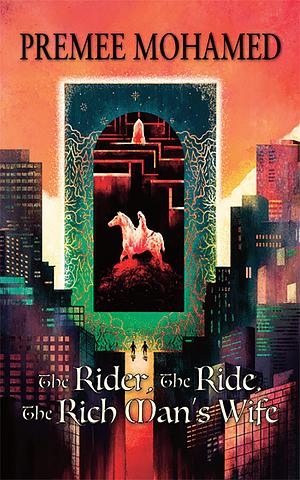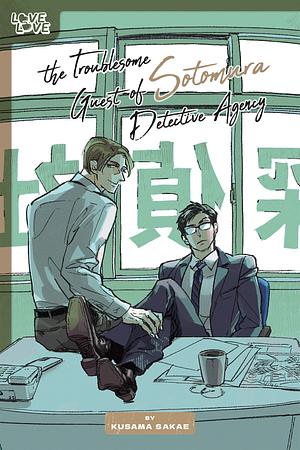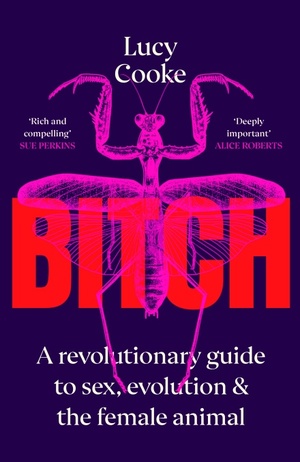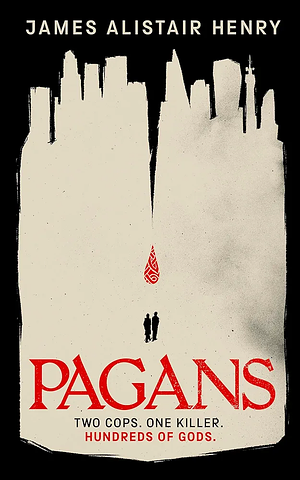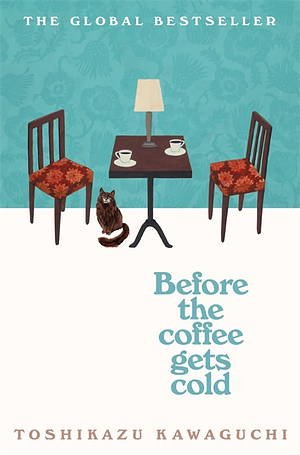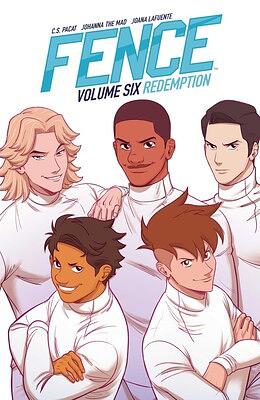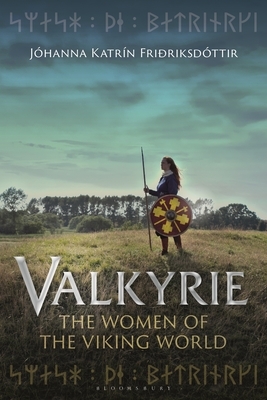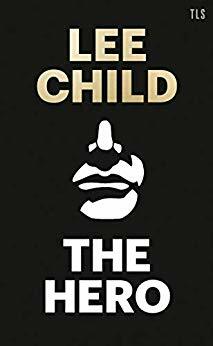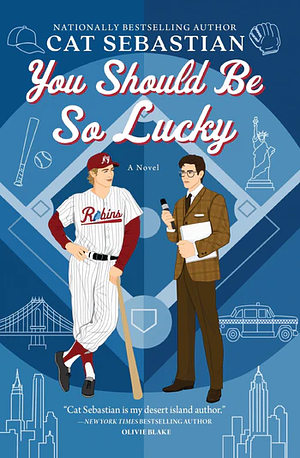
You Should Be So Lucky
by Cat Sebastian
Genres: Historical Fiction, RomancePages: 395
Rating:

Synopsis:The 1960 baseball season is shaping up to be the worst year of Eddie O’Leary’s life. He can’t manage to hit the ball, his new teammates hate him, he’s living out of a suitcase, and he’s homesick. When the team’s owner orders him to give a bunch of interviews to some snobby reporter, he’s ready to call it quits. He can barely manage to behave himself for the length of a game, let alone an entire season. But he’s already on thin ice, so he has no choice but to agree.
Mark Bailey is not a sports reporter. He writes for the arts page, and these days he’s barely even managing to do that much. He’s had a rough year and just wants to be left alone in his too-empty apartment, mourning a partner he’d never been able to be public about. The last thing he needs is to spend a season writing about New York’s obnoxious new shortstop in a stunt to get the struggling newspaper more readers.
Isolated together within the crush of an anonymous city, these two lonely souls orbit each other as they slowly give in to the inevitable gravity of their attraction. But Mark has vowed that he’ll never be someone’s secret ever again, and Eddie can’t be out as a professional athlete. It’s just them against the world, and they’ll both have to decide if that’s enough.
I’ve enjoyed a lot of Cat Sebastian’s books, but We Could Be So Good and You Should Be So Lucky are probably my favourites, and I think the best written. This one features Eddie, a baseball player, and Mark, a reporter who usually writes book reviews (and really has no need to work at all thanks to having quite a lot of money) who ends up covering his career and the slump he’s in.
Eddie’s an absolute disaster-sweetheart: he has very little filter, he says what he thinks even what he thinks isn’t something that should be voiced to reporters, and he hasn’t yet had to really work at being a baseball player. Mark’s… grumpier, and guarding a hurt he can’t really talk about, after the unexpected loss of his boyfriend, but he can’t help but respond to Eddie’s sunniness and find himself slowly wanting to participate in the world again. Also, he has a dog, who of course gets loved on by Eddie.
We do also see a few glimpses of characters from We Could Be So Good — having read it isn’t necessary to enjoy this one, but if you have, then it’s lovely to see the cameo appearances.
I loved the way this patiently worked through Mark’s fears and inability to say that this is what he wants for sure. Eddie doesn’t push it too far or rush, he’s far too decent, and so there’s a slow burn effect even though their attraction is obvious fairly early on. There’s also a fair bit of growth for Eddie though, not just in his relationship with Mark — though he does have to be sure about his feelings and find ways to make that relationship work — but as a baseball player and a part of his team too, giving the whole thing a satisfying story other than the relationship. His relationship with his mother is adorable.
Also, this will seem like a non-sequitur if you haven’t read the book, but it made me want to reread The Haunting of Hill House.
Overall, just lovely and warm and kind. It does reckon constantly with the homophobia of the period, but it finds ways for Eddie and Mark to live as honestly as they can despite it, and their relationship is adorable.
Rating: 5/5 (“loved it”)

